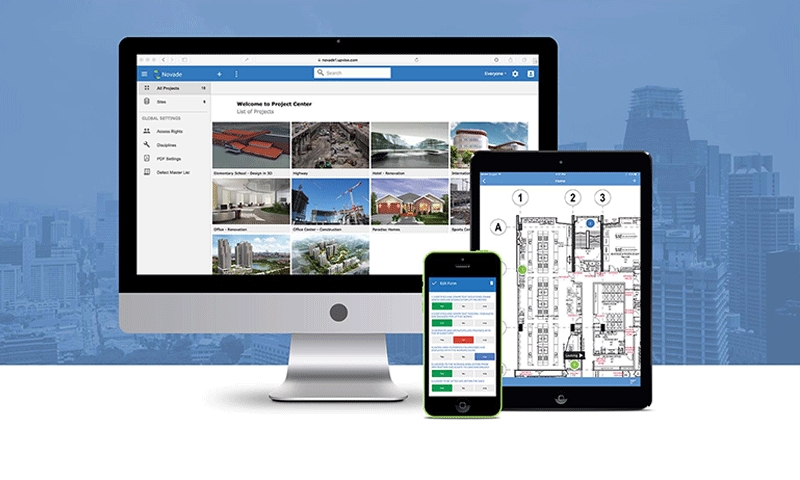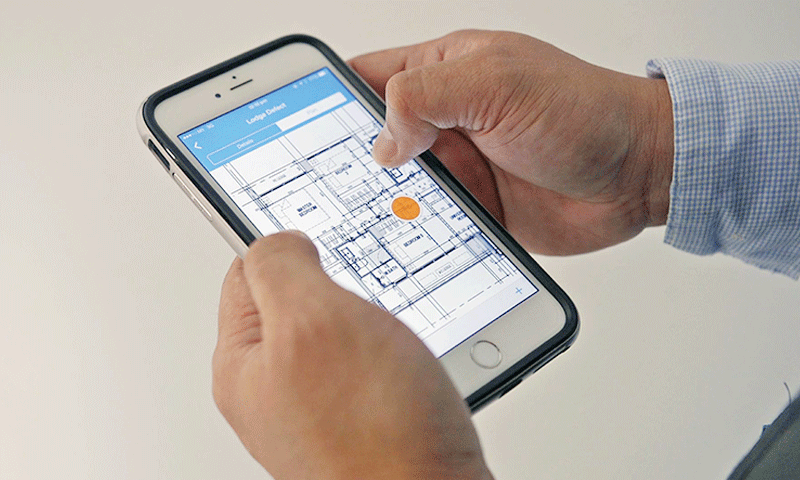Thailand to Invest USD 11 Million in Border Fence with Cambodia
In a move to bolster border security, Thai authorities have announced plans to construct a 55-kilometer fence along the Cambodian-Thai border in Sa Kaeo province, with an estimated budget of 395 million baht (approximately USD 11 million). This significant development was reported by Radio France Internationale (RFI) on February 13, 2025. Deputy Prime Minister Phumtham […]
The Ministry of Economy and Finance predicts Cambodia’s economic growth at 6.3 percent in 2025
In a promising forecast for the nation, Cambodia’s Ministry of Economy and Finance has announced projected economic growth of 6.3% for the year 2025. This optimistic outlook, unveiled during a public forum on macroeconomic management and the 2025 budget law, is attributed to robust performance in key sectors, including apparel, textiles, agricultural exports, and services. […]
Southeast Asia’s Coastal Real Estate Development Faces Critical Balance with Mangrove Conservation
A groundbreaking study reveals that 85 percent of Southeast Asia’s mangrove forests, which comprise 32 percent of global mangrove coverage and sequester 15.9 million tonnes of carbon dioxide annually, face severe risks from real estate development, agricultural expansion, and climate change impacts, according to new research led by University of Queensland researcher Valerie Kwan, as […]
Phnom Penh and Battambang Set for Expansion of Pedestrian Streets Following Successful Trial
In a significant move to enhance urban mobility and promote pedestrian-friendly environments, the Cambodian government is gearing up to construct additional pedestrian streets in both Phnom Penh and Battambang. This initiative follows the successful trial of pedestrian streets in Phnom Penh, which has garnered widespread public support. During a recent meeting held on February 11, […]
Takeo Province to Invest Over USD 2 Million in New Temple Project
In a move aimed at enhancing cultural heritage and boosting tourism, provincial authorities have announced plans to invest more than USD 2 million in the construction of a new temple located in the heart of Lake Takeo. The initiative was disclosed at a meeting led by Mr. Vy Samnang, Governor of Takeo Province. Governor Wei […]
EAG Eyes Investment in Cambodian Industrial Parks
The Philippines’ Excellent Associates Group Limited (EAG) has announced plans to explore investment opportunities in Cambodia, particularly in the establishment of industrial parks. This development came to light during a productive meeting held between EAG President Dai Jianlaing and Cambodian Prime Minister Hun Sen. During the meeting, President Dai expressed EAG’s keen interest in not […]



 ខ្មែរ
ខ្មែរ








